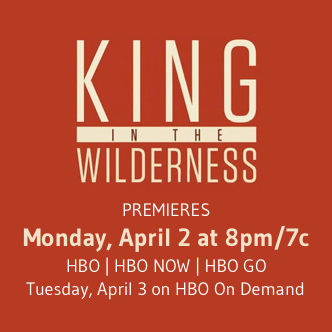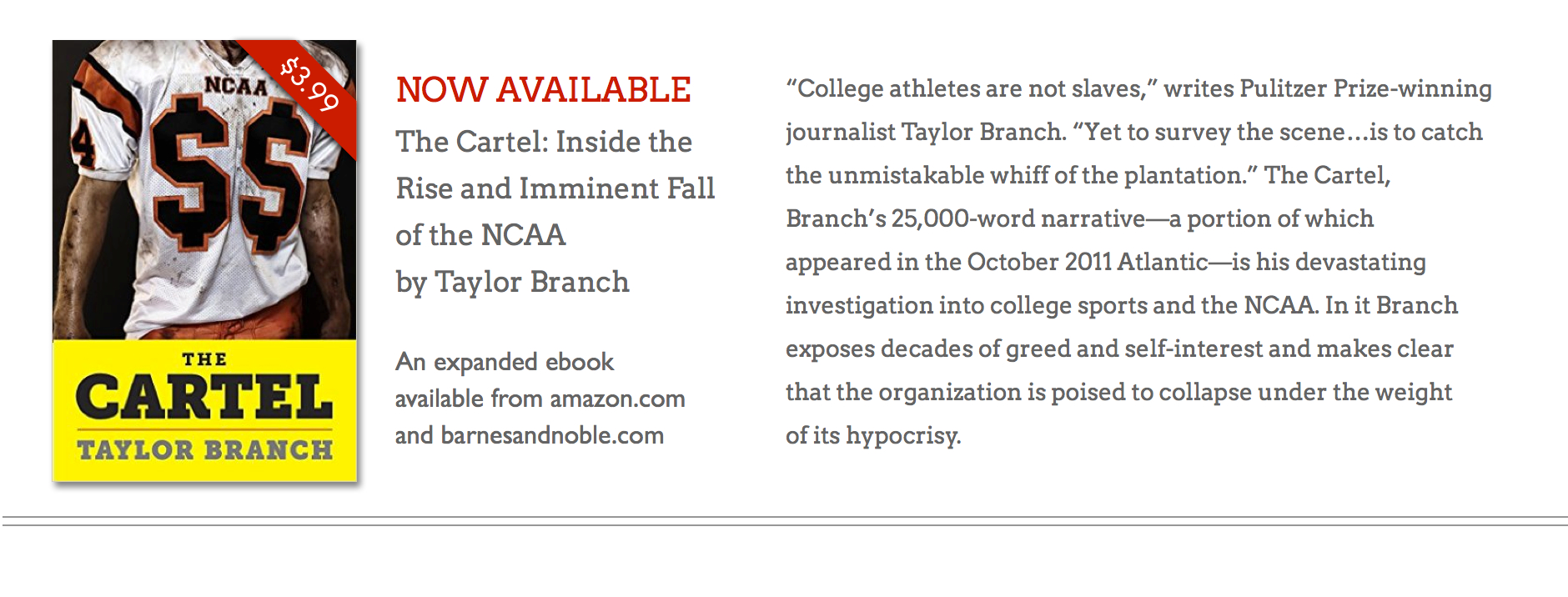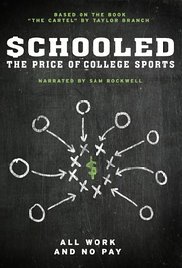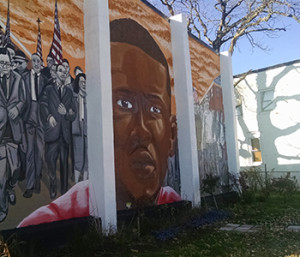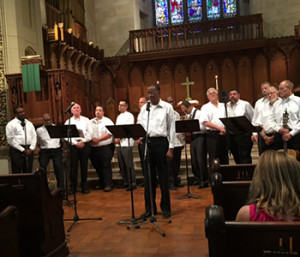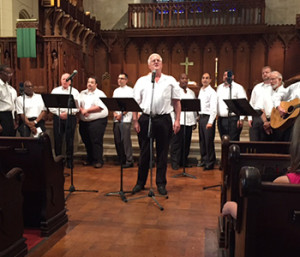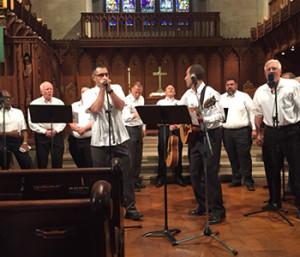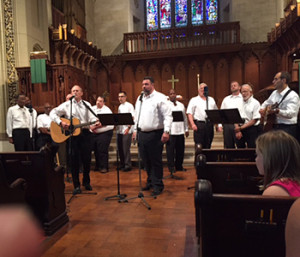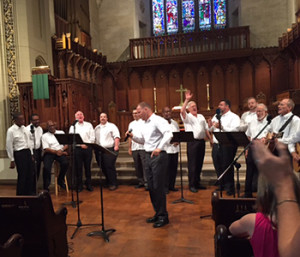David Simon is funny and blunt. He announced at this packed immigration rally that he and I have failed so far to get a “green light” for our miniseries based on my MLK-era books. But we haven’t given up, either. A freedom story from the guts of racial struggle remains urgent and timeless.
Below is the written text for my speech. They gave me only five minutes to cover the historic highs and lows of U.S. immigration history, but I was honored to try. Other speakers offered a wide variety of perspectives both personal and profound. They are listed at the bottom along with a link to the Washington Post live stream video of the rally. There is also a link for contributions to the four groups working for immigrant rights.
I have been laying low on social media in recent months, working on a book, but I hope to take a more active part in national dialogue again soon.
Remarks by Taylor Branch
“City of Immigrants” Rally
Baltimore Beth Am Synagogue
February 13, 2017
Thanks to Beth Am, the organizers, and all of you for coming.
The issue that brings us here has deep roots in American history. Our founding heritage is compromised by embarrassment and disgrace regarding immigrants, but also, as with slavery, it contains profound inspiration with tools for freedom.
I submit two tasks tonight. First we must ground ourselves in democratic principle. Second, we must recognize that those principles require personal engagement across the inhibiting lines that divide our nation and the world.
In 1790, America’s first naturalization law required an aspiring immigrant to be “a free white person.” For nearly two centuries afterward, our leading intellectuals helped nativists secure the “white person” standard within a pseudo-scientific hierarchy of races, always with white people on top.
In the late 19th Century, Hopkins professor Robert Bean weighed brains, seeking to prove that white ones were heavier and therefore smarter. John Fiske at Harvard analyzed the wrinkles in brain lobes, and phrenologists measured the angles of foreheads and jawbones. Anthropologists catalogued up to 34 distinct shades of skin color. The founders of sociology, psychology, and many other social sciences joined naturalists to make eugenics a centerpiece of progressive movements to improve mankind by making foreigners more like themselves.
In 1907, Congress raised the stakes of whiteness by mandating that any American woman who married a non-white immigrant would be stripped of her own citizenship without trial. Such exclusions persisted in spite of contradiction and embarrassment. Definitions floundered over basic categories, let alone details. Eminent social scientists counted variously three, five, eleven, sixteen, on up to sixty-three distinct races.
Worse, the whole idea of a “Caucasian” race turned out to rest on a single sample shipped in 1795 to Johann von Blumenbach, a founder of sociology, who said this lone skull from the Caucasus resembled German specimens in his collection. On this flimsy basis, some people today still think they are being scientifically precise when they refer to someone as “Caucasian.”
Nevertheless, race-based immigration quotas persisted until well after World War II. Here I can speak personally. My sister Cherry is a Korean War orphan who has lived her whole life without knowing any Asian peers or peer families. She was abandoned among other starving infants in 1954, when there were no immigration slots for Asians, and a lawyer advised my parents that authorities in Georgia never would approve refugee status for a non-white baby from an orphanage near the border of communist North Korea. The lawyer confided outside the law, however, that those same cowardly authorities probably would not seize and deport an actual baby who arrived without papers.
So my father flew to Korea on slow airplanes with propellers. Sure enough, desperate nurses at the orphanage agreed to release Cherry but only if my father agreed also to take—meaning technically kidnap—a second malnourished baby to an adopting family in California.
This is a blessed, hopeful story for our family. Cherry usually hosts the sibling reunions, but she grew up with no exposure to Asian people or culture. That’s really a gross understatement. We didn’t even have Italians in Atlanta. I think the first pizza restaurant opened when I was in high school. We lived among homogeneous white Protestants segregated from black people.
From my own work in civil right history, I urge you to recognize that the black-led freedom movement of the 1960s provided sacrificial leadership and political genius to open our immigration laws to the world. A largely invisible people, who lacked every political advantage from wealth and social status to the vote, displayed stupefying courage. Small children, mostly girls as young as six years old, broke the emotional resistance of segregated America by singing freedom songs as they marched into police dogs and firehoses in Birmingham. How’s that for conquering your fears and inhibitions to make witness for a larger cause?
Two years later, lessons and inertia from Selma helped move the United States toward a universal measure for citizenship when Congress overrode two protracted filibusters by almost identical votes—first to pass the Voting Rights Act of 1965, then to repeal strict immigration quotas that long had choked off entry from most of the world. President Lyndon Johnson, on signing the immigration bill into law at the Statue of Liberty, vowed that such quotas “will never again shadow the gate to the American nation with the twin barriers of prejudice and privilege.”
Since then, applicants from all countries have met neutral standards passing through U.S. immigration. Whole communities flourish that never before existed, even here in immigrant-rich Baltimore, pledging together to uphold our Constitution-based nationhood above every ethnic prejudice.
Over the past fifty years, our openness to newcomers has transformed the face of the United States literally and figuratively. More than we realize, Americans are at home with our democratic creed of multi-national, multi-ethnic citizenship. Universities that once admitted only white males now spearhead diversity with students and teachers, doctors and patients, administrators and workers, from many nations.
Tonight this beacon is endangered by the resurgence of tribal hatreds and fears in our politics. All of us must rally to defend not only this diverse community but also the ideas that support it. We must stand up for stragglers and against bigots, recognizing that no foreign origin is too foreign to yield a fellow citizen. The stakes are far greater than courtesy or manners. At the Statue of Liberty, President Johnson proclaimed a vital imperative for our shrinking globe. He said, “We, because of who we are, feel safer and stronger in a world as varied as the people who make it up.”
If you find it hard to imagine such noble sentiments from a drawling old Texan fifty years ago, let’s join together to achieve and defend something nobler. I think Lyndon would be happy.
Watch all of the speakers below
My portion begins at about 1 hour and 27 minutes in.
Program
David Simon
Writer and Producer, Blown Deadline Productions
Maciej Ceglowski
Founder, Tech Solidarity
Marielena Hincapie
Executive Director, National Immigration Law Center
Dr. Leana Wen
Health Commissioner, Baltimore City
Kristen Strain
Executive Director, Baltimore, Tahirih Justice Center
Taylor Branch
Author and Historian, The King Era Trilogy
Ruben Chandrasekar
Executive Director, International Rescue Committee in Maryland
DeRay McKesson
Activist, Organizer, Educator
Sonia Kumar
Staff Attorney, ACLU of Maryland
Nancy E. Kass
Professor of Bioethics and Public Health, Johns Hopkins
Beau Willimon
American Playwright and Screenwriter
Steve Earle
American Rock, Country, and Folk Singer-Songwriter
Donations Benefit These Four Organizations
National Immigration Law Center
Tahirih Justice Center
International Rescue Committee
The ACLU of Maryland
Make a donation
Continue Reading




